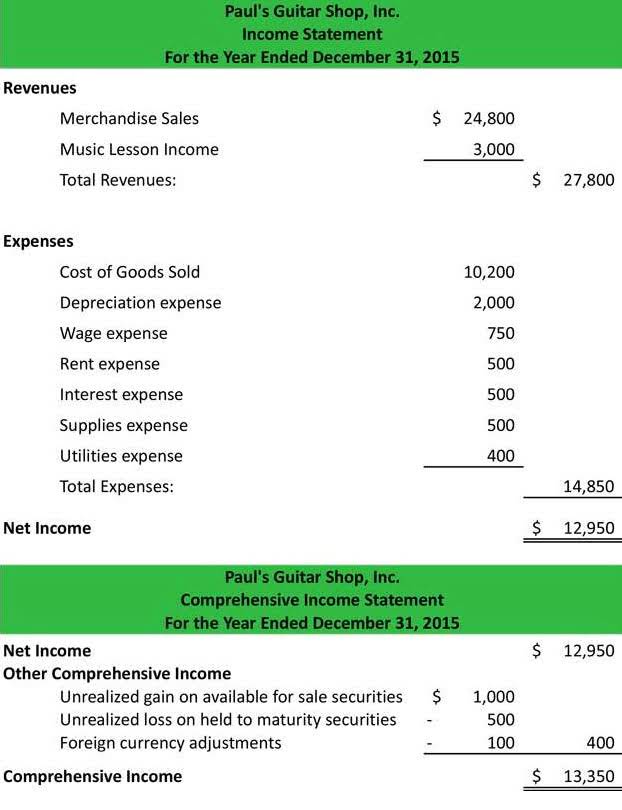
A company purchases an office building for $1,000,000, with additional closing costs of $30,000 and legal fees of $10,000. Let’s Certified Public Accountant walk through a complete example from acquisition to sale, incorporating all relevant transactions. A company purchases a building for $500,000, with additional closing costs of $20,000 and legal fees of $5,000. When acquiring a property, the journal entries should reflect the purchase price and any additional acquisition costs.
Using Advanced Reporting Features
It also ensures that all stakeholders, from property managers to accountants, have access to the same, updated data. This holistic approach ensures that the entire business operates cohesively and efficiently. Having a good understanding of real estate and a solid real estate accounting system is crucial for managing real estate properties effectively. Good real estate accounting involves accurately tracking financial transactions related to real estate and ensuring compliance with relevant regulations. By maintaining Coffee Shop Accounting precise records and adhering to accounting standards, you can make informed decisions and safeguard the financial health of your real estate assets.

What is real estate accounting?
If you’re paying money—aside from debt—then you’re paying an expense. On the other hand, if you have a more complex business or are looking for more robust bookkeeping features, an accounting system may be a better option. If you’re not sure how your real estate expenditures will impact your tax return, it’s best to speak with an accountant or tax advisor. However, several business owners choose to do their accounting for real estate. To calculate ROI, divide the property’s net operating income by its total investment. The resulting number will be expressed as a percentage and will represent the property’s ROI.
Real Estate Accounting Guide to Financial Controls
Regular analytics sessions can highlight areas of improvement, growth opportunities, and potential challenges. They transform raw data into actionable insights, ensuring that real estate businesses remain proactive and ahead of the curve. Furthermore, these insights can be shared with stakeholders, ensuring that everyone is informed and aligned. Real estate accounting involves recording, analyzing, and reporting financial transactions related to properties. It’s the backbone of a successful real estate business, guiding financial decisions and strategies. This domain ensures that all financial activities align with industry regulations and standards.
- Software solutions should be customizable to cater to unique real estate needs.
- However, if you spent 12 months and $90,000 on renovations and marketing, then your $10,000 profit doesn’t seem as impressive.
- Springbord is dedicated to empowering real estate businesses with the knowledge, tools, and technology to navigate these challenges effectively.
- Training sessions and advanced software solutions can further enhance case study presentation.
- These standards require recognizing right-of-use assets and lease liabilities for leases.
Separate personal and business funds.
There are always options for streamlining your real estate accounting. Managing real estate is a local and regional game, meaning that rules and requirements vary based on where you live and work. One of the best pieces of advice for better real estate accounting is to familiarize yourself with local regulations specific to your jurisdiction when you get started. Schedule a monthly meeting to review your incoming cash and outgoing expenses. If the numbers are off track, this regularity allows you to pivot and track down errors in your accounts without huge time lags.

What is Bookkeeping in Real Estate?

It’s a critical aspect of successful real estate accounting that enhances market reputation. Transparent financial reports provide stakeholders with clear insights into a business’s financial health. Good real estate accounting practices ensure accurate and comprehensive reporting.
By avoiding these common real estate accounting mistakes, you can save yourself time and money when preparing your tax return. Many real estate investors are unaware of these accounting for real estate transactions rules and end up paying taxes on income that they should not have to pay. Return on Investment, or ROI, is a real estate accounting measure that is used to evaluate the profitability of a property. In real estate accounting, cash progress refers to the inflows and outflows of cash that are used to finance a property.

In the dynamic world of property and investment, many real estate professionals often underestimate the significance of structured accounting and bookkeeping. This oversight can lead to missed opportunities, mismanaged funds, and even regulatory complications. The meticulous accounting work, including real estate specific nuances, forms the backbone of a successful property business.
Net operating income (NOI)
Good real estate accounting includes methods for accurate profitability analysis. Analyzing these ratios helps in evaluating performance, identifying areas for improvement, and making informed decisions. Regular reviews and financial analysis further enhance profitability insights. For real estate professionals, profitability analysis is a core skill. Accurate analysis ensures that businesses can assess their financial performance effectively. It’s a vital aspect of successful real estate accounting that supports informed decision-making.


